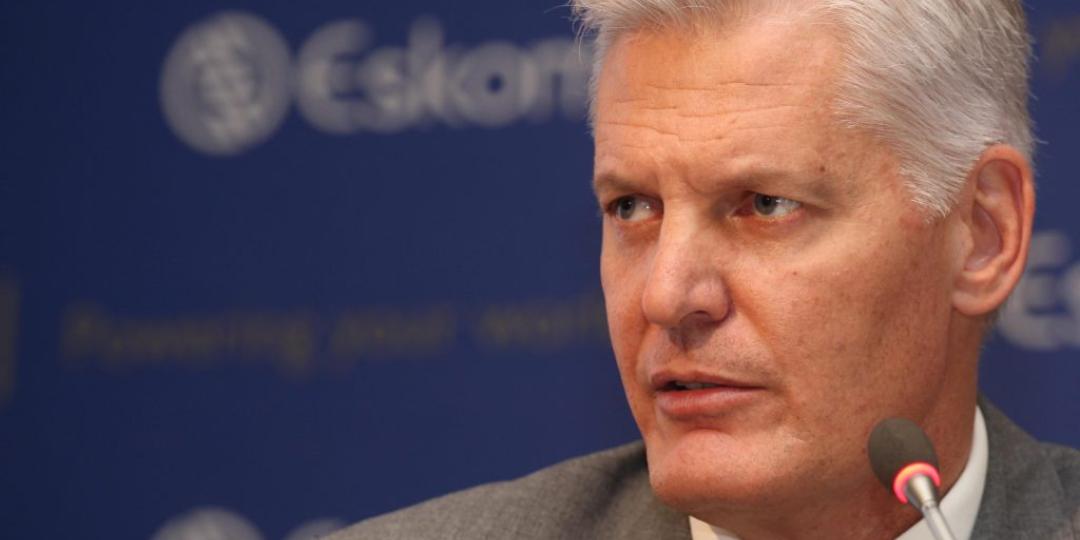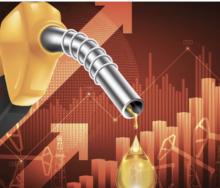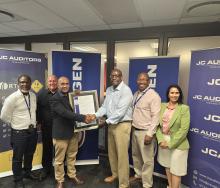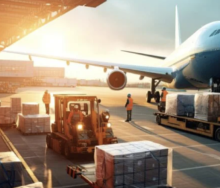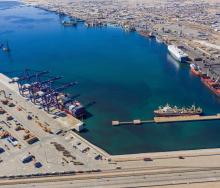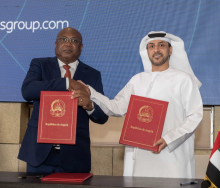Eskom CEO Andre De Ruyter’s immediate removal from his post on Wednesday followed an explosively candid television interview in which he unveiled the extent of crime and corruption in the parastatal - from power station cleaners to allegedly politically linked kingpins.
De Ruyter, in an eTV interview with Anika Larsen, lifted the lid on the rampant theft, corruption and apparent lack of political will to clamp down on the scourge.
He told Larsen that corruption had “metastasised” within Eskom and that his attempts to confront the rot had earned him an alleged poisoning attempt on his life, while his vehicle had also been bugged with a listening device like those used by the State Security Agency (SSA). He also claimed that an SSA official had travelled to COP 27 in Egypt to “keep an eye” on him.
De Ruyter said his “rough estimate” was that R1 billion gets stolen from Eskom every month.
“We have made some inroads. We have started closing the taps, and that doesn’t make you any friends. It’s difficult to specify who might have wanted to make an attempt on my life, but the people with motive is a pretty long list,” he said.
Asked whether Eskom was a feeding trough for the ANC he responded:
“I would say the evidence suggests that it is. I expressed my concern to a senior government minister about attempts in my view to water down governance around the R8.5bn that, through Eskom’s intervention, we got at COP 26 and the response was essentially, ‘you have to be pragmatic; in order to pursue the greater good, you have to enable some people to eat a little bit’, so yes, I think it is entrenched.”
He said he had advised a government minister that there was a “particular high-level politician” who was involved in corruption.
“The minister in question looked at a senior official and said, ‘I guess it was inevitable that it would come out anyway’, which suggests that this wasn’t news,” De Ruyter said.
He alleged that four sophisticated criminal cartels targeting Eskom were operating in Mpumalanga.
“They have a hit squad of between 60 and 70 highly trained and well-armed people. People get assassinated in Mpumalanga. It is deeply entrenched and it is highly organised,” he said.
He added that low-paid staff such as cleaners could be paid R5 000 by a cartel to walk past a gearbox with a screwdriver, and with a sharp jab knock out the sight glass, so the oil eventually drains out and the gearbox fails. A contractor would then be called out to repair the gearbox.
He told Larsen that the loot from Eskom was being spent on “very conspicuous consumption”.
“Our informants tell us there are people who, when they have a gathering and walk into a room, they wash their hands in 15-year-old whiskey,” he said.
In Mpumalanga, a car dealership also allegedly offers an “innovative service” whereby people can “park” their Maseratis or McLarens and get them dropped off when they want to drive them.
“If you register it in your name, obviously a lifestyle audit will pick it up.”
When the bug was found in his car, he said Eskom had cancelled “a number of corrupt contracts”.
“At Thuthuka Power Station we stopped theft of R100 million of fuel oil per month. We identified two individuals, handed them over to police, and they were released the following morning on frankly derisory bail of R500, so that’s where the matter ended. We also had repeated attempts by fuel oil suppliers to resurrect some of these corrupt contracts,” De Ruyter said.
In another case, the procurement team had asked the generation board to sign off a fuel oil contract for R430m to a man operating out of a suburban home in Germiston, who had debt judgements, no infrastructure and no knowledge of the sector.
He said there was also “very little explanation” as to why South Africa had not started the just energy transition which would protect the environment, create jobs and grow the economy. He told Larsen that exporters had called him wanting to purchase green energy due to carbon taxes, which are being implemented globally.
“It is mystifying – you can solve the energy crisis in the shortest possible time through wind and solar - 50% of South Africa’s exports are at risk of SA carbon border tax – and I have had calls from manufacturers asking ‘do you have green energy available because we are going to lose market share.’ The lack of response from government I find quite puzzling, given the huge risk to our exporters,” De Ruyter said.
"If we implement our plan to retire 22 gigawatts of coal-fired capacity - about 47% of our installed capacity - by 2035, we will release back into the Vaal River system about 40 billion litres of water per annum; that is enough water to provide 220 litres of water per day to 200 million people - more than three times the population of South Africa.”
De Ruyter said he would be spending some time overseas, which would be good for his health, after his departure from Eskom.
